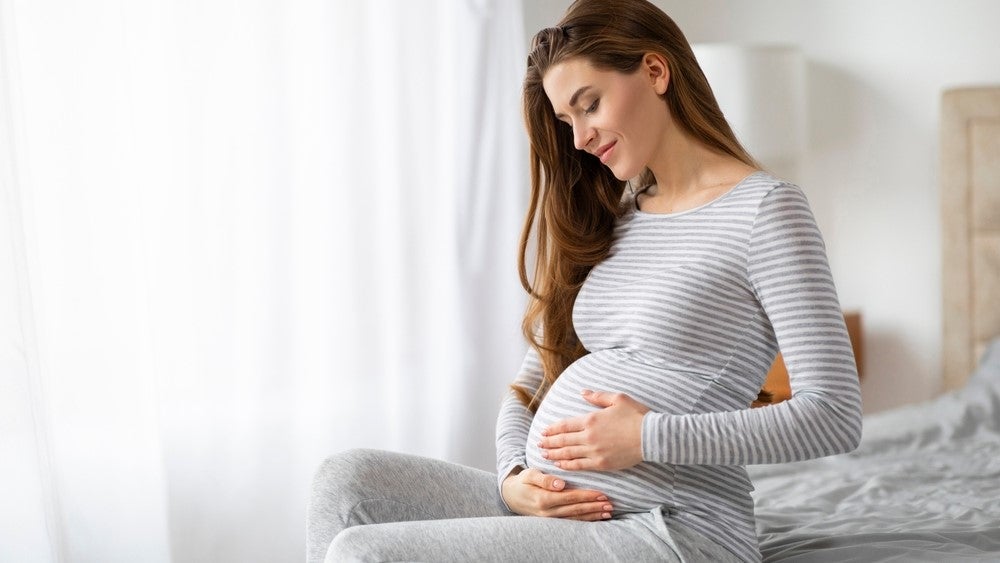Spanish fertility biotech, Oxolife has presented positive exploratory Phase II data for its non-hormonal fertility pill, OXO-001, in patients who underwent in vitro fertilisation (IVF).
The placebo-controlled Phase II OXOART2 trial (NCT05076032) evaluated OXO-001 in women up to 40 years of age, who all underwent single embryo transfer using donor eggs. The exploratory analysis consisted of data from 96 women.
The results were presented at the European Society of Human Reproduction and Embryology (ESHRE) 40th Annual Meeting in Amsterdam taking place from 7 to 10 July.
OXO-001 is a non-hormonal fertility therapy that makes the uterine endometrium more susceptible to embryo implantation. The treatment is intended to be taken twice daily, starting one menstrual cycle before embryo transfer and then for five weeks after transfer.
There is a growing demand for fertility treatments for women. GlobalData estimates that the female infertility market is expected to be worth $2.3bn in 2033, across the seven major markets (7MM: US, France, Germany, Italy, Spain, UK, and Japan).
GlobalData is the parent company of Clinical Trials Arena.
The Phase II OXOART2 study results demonstrated that the early pregnancy confirmation rate in the treatment arm was 75.9%, compared to 52.4% in the placebo arm. Five weeks following embryo transfer, the clinically confirmed pregnancy rates detected through foetal heartbeat were 50% and 35.7% for OXO-001 and placebo groups, respectively.
Approximately ten weeks post-embryo transfer, the ongoing pregnancy rate decreased to 46.3%, with the live birth rate being 42.6% in the OXO-001 treatment group. While the ten weeks post-embryo transfer pregnancy and the live birth rates in the placebo group were constant at 35.7%.
Oxolife cautioned that the Phase II trial was “not powered to confirm that the differences for these outcomes were statistically significant”. The company plans to start a Phase III trial to confirm the Phase II results. The Phase III study will also include women who undergo single embryo transfer using their own eggs.
"Despite continuous developments in ovarian stimulation, embryo manipulation and culture, improving live birth rates in medically assisted reproduction has been incremental at best,” said Dr Karen Sermon, chair of ESHRE.
“A jump of nearly seven percentage points is very good news for our patients, and hopefully, this can be confirmed in larger patient groups."









